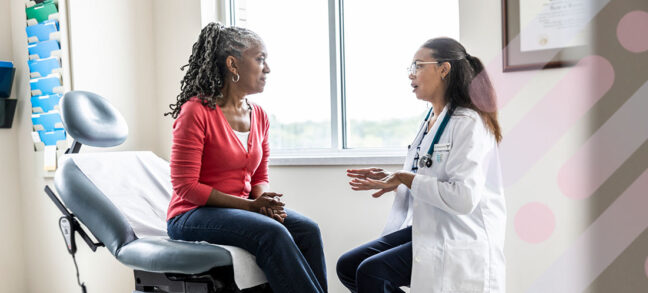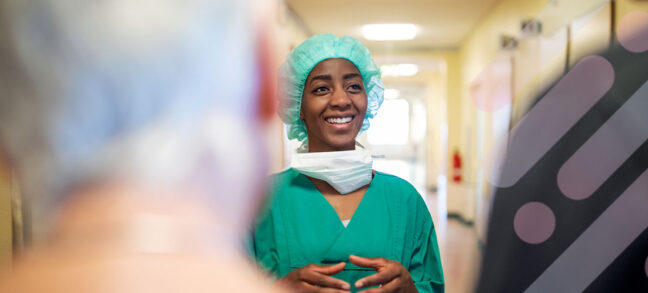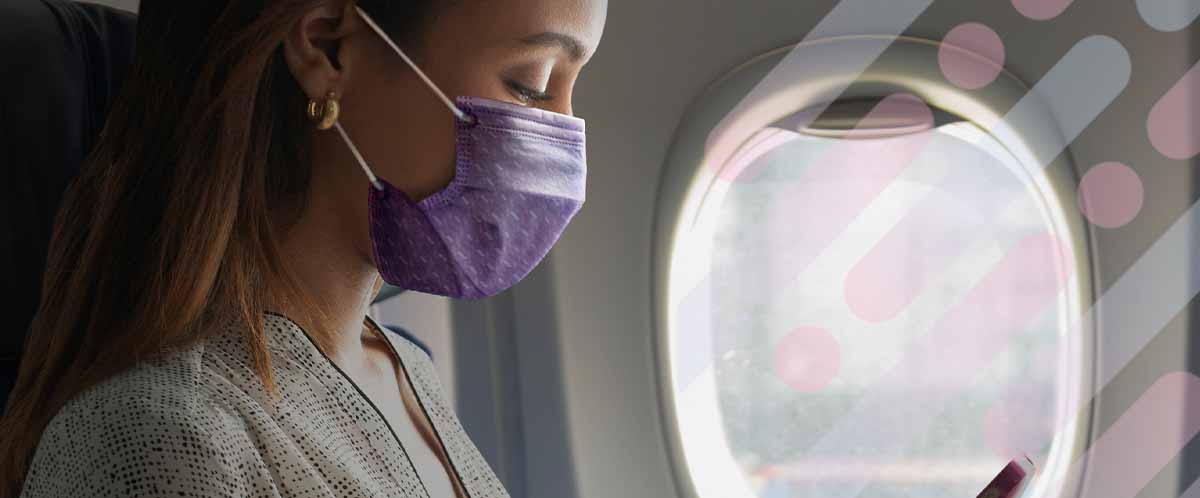Cancer treatment is a journey in and of itself. Add treatment travel arrangements into the mix, and you’ve got a pretty large load to manage. Whether you’re driving to the city from a rural location or flying across the country, the prep required before packing can feel daunting. Each year, patients travel out of their comfort zone and out of their ZIP codes to take advantage of breast cancer treatment or breast reconstruction options that can only be found far from home. Don’t let the worries of travel stop you from getting the help and hope you need. Check out these tips to help simplify your travel plans.
Access and accommodations
Hotel rooms, gas, flights, rental cars—it can all add up fast. Make sure the health facility you’ve chosen is within your health insurance plan’s network. If not,there are calls you can make to get help with your travel arrangements:
- Review resources from care organizations that may help shoulder some of the costs.
- Find out if your insurers are willing to cover your chosen health facility.
- Reach out to experts at the care center. They may be able to negotiate with insurers and help determine if you qualify for supplementary treatment coverage.
- Discuss your plan with a social worker. They may be able to find you discounted places to stay.
- Check out housing resources like:
- Call ahead for your flights and hotels. Many offer discounts to patients traveling for medical care.
Friends, family, familiarity
Outside of financial obstacles, it can be a challenge to leave your support network while receiving cancer treatment away from home. Depending on your situation, you may need to arrange for help at your home and your temporary housing, as well as emotional support, while away.
- Stay realistic with yourself. What exactly do you need and for how long? Once you’ve figured that out, be upfront with people about the kind of commitment you’re asking of them. Chances are, you’ll find many people happy to help. A few things to consider:
- Collecting your mail and subscriptions
- Watering plants
- Lawn maintenance
- Pet sitting
- Bring a friend or family member with you, if possible. A familiar face can make a world of difference on tough days.
- Connect with support groups, connect with breast cancer communities or take advantage of counseling services from the treatment center.
- Personalize your space. Bring a few comforting objects from home.
- Stay connected. Remember, family and friends are always just a phone call, email, text or video chat away.
Practical packing
Once all the big-ticket items are taken care of (financial, physical, emotional, etc.), it’s important to tackle logistical checklist items. Before you head out the door, make sure you have all of your most important medical essentials with you:
- Gather all your medical paperwork, including scans or lab tests.
- Your doctor may have arranged to have everything sent before you arrive, but it’s smart to carry a copy of your records, just in case.
- Consider using a mobile app to keep track of important things like appointments, questions, medications, and other medical history.
- Discuss your plans with your home-based healthcare team.
- Ask them about travel restrictions or any extra precautions you should take.
- Make sure all your prescriptions are refilled and ready to go.
Traveling for cancer treatment
When traveling for cancer treatment or breast reconstruction options, know that you’re not alone. Keep your support network close and don’t be afraid to ask for the help you need on your road to treatment recovery.
Some links will navigate you away from the Resensation® website. Links outside of resensation.com are provided as a resource to the viewer, and do not constitute an endorsement or recommendation by Axogen. Axogen accepts no responsibility for or control over the content of the linked sites.
Resensation Blog

How does mastectomy impact the nerves in the breast?
One sometimes overlooked aspect of mastectomy is its impact on nerves. Read what happens to nerves during mastectomy and explore…
Read More
What happens during implant breast reconstruction with Resensation®?
By repairing sensory nerves, Resensation® enables you to potentially regain sensation to your chest. Read how this procedure works during…
Read More
how resensation® helped Leanna feel secure in her family’s future
With Resensation®, Leanna can be there to watch her kids grow up—without losing the feeling of being whole.
Read More
sensory retraining: what is it, and how can it help me after resensation®?
Sensory retraining is a series of exercises designed to help you reconnect with your body after breast reconstruction with Resensation®.
Read More